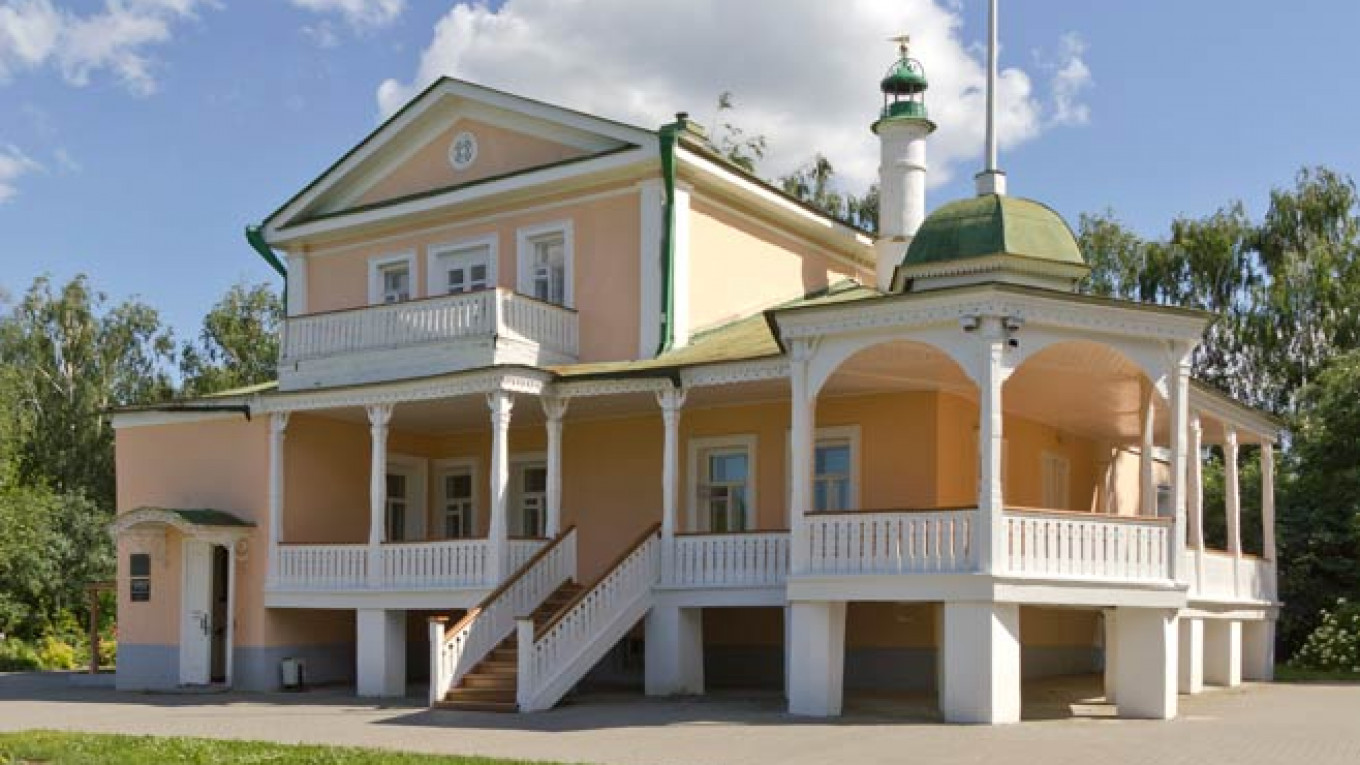In an unexpected strategy for protecting Russia's historical legacy, a group of Duma deputies have submitted a bill banning foreigners and foreign companies from purchasing land on cultural heritage sites.
Foreign companies "often act as a screen for concealing information about the owners, who could be federal and local officials with the power to make fateful decisions regarding these lands," according to the bill, which was submitted last week by eight deputies from the ruling United Russia party.
The legislation aims to carry out President Vladimir Putin's policies on the "de-offshorization" of the Russian economy and increasing transparency, it says. Putin has been trying to compel Russian businessmen to register their companies within the country since the start of his third term in 2012, a movement that has picked up momentum in recent months as the economy stagnates and tax revenues fall.
The authors of the bill, all members of the pro-Putin All-Russia People's Front, were inspired by a recent incident in the Ryazan region southeast of Moscow. Star Bridge, a firm registered in Montreux, Switzerland, managed to acquire plots of land totaling 12 hectares in area on a natural preserve containing a museum to poet Sergei Yesenin, RBC reported.
All-Russia People's Front concluded that the lands had been bought by local officials hiding behind foreign shell companies and decided to create legislation to prevent such situations in the future.
The authors do not intend to institute a total ban on foreign individuals and companies owning these properties, however, as foreigners can purchase the lands by first creating and registering a company in Russia, the bill says.
All in all, the legislation in its current form would affect relatively few companies. "Foreigners purchase land on the grounds of historical landmarks very rarely, less than 5 percent of deals are like this," Andrei Stepanenko, president of the Guild of Managers and Developers, told Kommersant.
But if it passes its first reading in the State Duma, the bill could be extended to ban purchases of land on cultural heritage sites by Russians as well, the bill's primary architect, Duma Deputy Mikhail Starshinov, told RBC earlier this month.
The fear that Russian officials could take advantage of their position to abuse historic properties is not unfounded. In February this year, the Audit Chamber found that officials in the Moscow region government had sold off plots of land in several well-known heritage sites, including the New Jerusalem Monastery and 18th-century Arkhangelskoye estate.
However, simply trying to keep culturally significant sites out of private hands may not be the best way to ensure their survival.
"The government cannot get by without investors, there simply is not any money for putting [cultural heritage sites] to rights," said Nuna Alekyan from the Center for the Capitalization of Heritage, a nonprofit organization devoted to giving new life to Russia's multitude of run-down historic estates.
Instead of banning sales to private companies, the government should simplify the procedure while "setting up a legal framework and system for controlling the activity of private investors," Alekyan said.
Contact the author at [email protected]
A Message from The Moscow Times:
Dear readers,
We are facing unprecedented challenges. Russia's Prosecutor General's Office has designated The Moscow Times as an "undesirable" organization, criminalizing our work and putting our staff at risk of prosecution. This follows our earlier unjust labeling as a "foreign agent."
These actions are direct attempts to silence independent journalism in Russia. The authorities claim our work "discredits the decisions of the Russian leadership." We see things differently: we strive to provide accurate, unbiased reporting on Russia.
We, the journalists of The Moscow Times, refuse to be silenced. But to continue our work, we need your help.
Your support, no matter how small, makes a world of difference. If you can, please support us monthly starting from just $2. It's quick to set up, and every contribution makes a significant impact.
By supporting The Moscow Times, you're defending open, independent journalism in the face of repression. Thank you for standing with us.
Remind me later.






